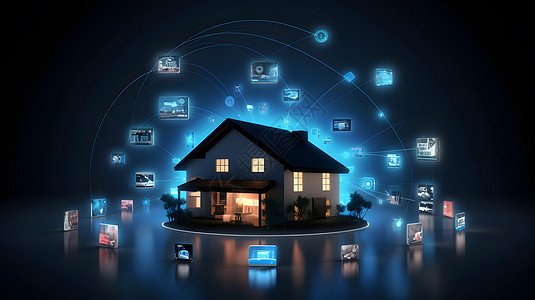Introduction
Our homes have transformed from analog spaces into connected ecosystems. From primitive electric meters to smart thermostats, voice assistants, and IoT (Internet of Things) hubs, home tech has reshaped comfort, convenience, and security. This article traces that journey.
1. Early Home Automation
Homes in the mid-20th century saw:
- Manual thermostats
- Wired doorbells
- Limited automation
Upgrades were analog and required physical presence.
2. Rise of Smart Appliances
By the late 2000s, Wi-Fi and smartphones enabled:
- Smart thermostats like Nest, programmed remotely
- Sealed smart lighting systems managed from your phone
- Smart plugs transforming simple devices instantly
3. Voice and AI Integration
Voice assistants like Alexa, Google Home, and Siri emerged:
- Hands-free control of music, lights, and appliances
- Natural language processing for daily tasks
- Integration with services like grocery lists, weather reports
4. IoT and Interconnected Ecosystems
IoT platforms allow devices to communicate:
- Lights turn off when you leave home
- Smart locks coordinate with motion sensors
- Energy usage data accessible through dashboards
5. Benefits of Smart Homes
Smart homes offer:
- Increased convenience and energy efficiency
- Safety and security through monitoring and alerts
- Custom experiences—automated routines for morning, sleep
6. Challenges Ahead
Smart homes introduce:
- Security risks if not properly encrypted
- Compatibility issues among brands
- Privacy concerns about data ownership and sharing
7. The Future of Smart Living
Expect developments like:
- AI-enhanced predictive home adjustments
- Advanced home health monitoring
- Integration with urban infrastructure (EV charging, city grid)
Final Thoughts
Homes have come a long way—from manual switches to adaptive systems. As we integrate AI and automation further, our living spaces will respond to us in real-time, offering comfort, security, and efficiency at the touch of a button.



